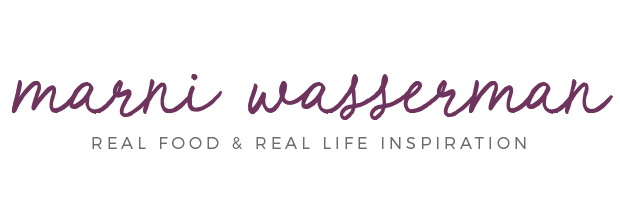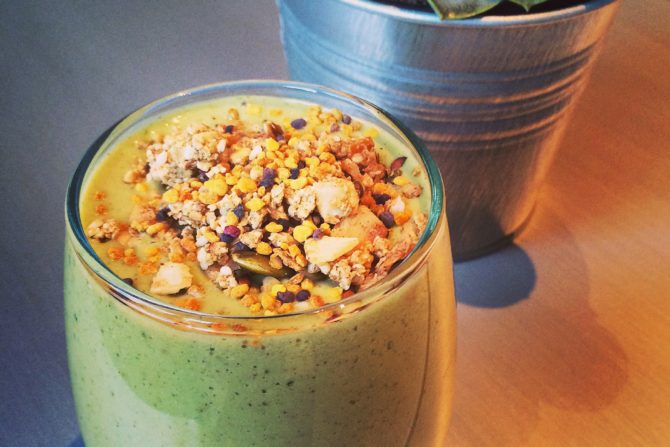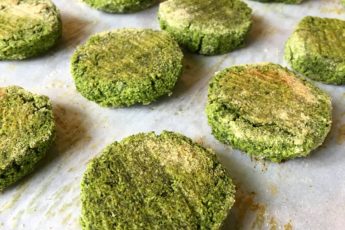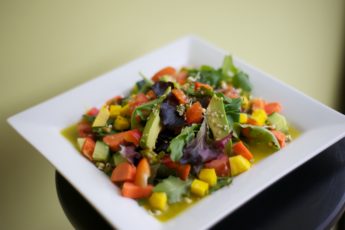I sure am, as I’m a consumer of honeybee superfoods. If you are too, then read on!The newest addition to my collection is Beekeepers Naturals a raw honey propolis which is essentially an all in one immune boosting antioxidant spray and so much more. In case you didn’t know, bees are so sacred to our health and our food. They pollinate probably most of the things you eat everyday. However the sad news is that honeybee colonies have been dying every year due to colony collapse disorder. So to raise awareness – if you buy a bottle of propolis at Green House Juice Co. all proceeds are going to the Canadian Honey Council.
Save the bees!
The A, Bee, C’s of Pollination (from the Green House Juice Co Blog)
Apples
Apples are one of the many fruits that would not exist without bees – over 90% of the US apple crop depends on bees for pollination. One study found that 688 kg more apples were produced per hectare when bees did their pollination thing – that is A LOT of apples!
Cucumbers
Cucumbers require insect pollination as their pollen grains are too big and sticky to be moved by the wind! Honeybees are very effective pollinators of cucumber. They are the primarily pollinator of this refreshing vegetable, so much so that when bee populations are low, people need to pollinate them by hand!
Almonds
We can’t get this far without giving a shout out to the bees for our delicious almond milks. It’s pretty simple, no bees = no almonds. Almond trees depend entirely on bees to pollinate their flowers. Ever year bees are transported from far and wide to California while the almonds are in bloom to pollinate these delicious and nutritious nuts. Around 1.6 million colonies are placed in almond orchards and the bees do their thing – resulting in 2.1 billion pounds of almonds ever year which supplies 80% of the global demand for almonds.
Squash
Squash flowers are unisexual! They require a pollinator to transfer pollen from the male to female flowers – that’s where the bees come in. Honeybees are important pollinators of squash, but there are two other types of bees that are specialists if you will and are often referred to as “squash bees.” Studies have shown that squash size and quantities increased with the help of bees.
Coconut
Honeybees are outstanding pollinators of coconut palms! While coconut palms can be wind-pollinated, yields almost double with bee pollination.
Sunflower Sprouts / Sunflower Seeds
Sunflowers are a honeybee’s best friend. Bees love feasting on their nectar and are very attracted to their bright yellow color. Honeybees and wild bees team up to pollinate sunflowers – pollination by wild bees actually enhances pollination by honeybees. This dynamic duo performance can double the value of a sunflower seed crop.
Raspberry
Bees love raspberries and raspberries love bees! Honeybees are the main pollinators of raspberries and are love the abundant nectar and pollen that they provide. Raspberries are all for it, without honeybees crop yields can fall 70 to 80%.
Strawberry
You know all those tiny little seeds (they are actually small nuts) on the outside of strawberries? A single strawberry can have 400-500 of these little guys! The more pollination visits by bees, the more seeds there will be. This is a case of the more the merrier – the higher number of seeds, the bigger and more shapely the strawberry will be. Thanks, bees!
Beekeeper’s Naturals is a Canadian bee products company dedicated to providing wondrous and all natural health benefits from the hive. Our purpose is simple: to inspire honest, healthy living and nurture a greater awareness for saving our bees!



